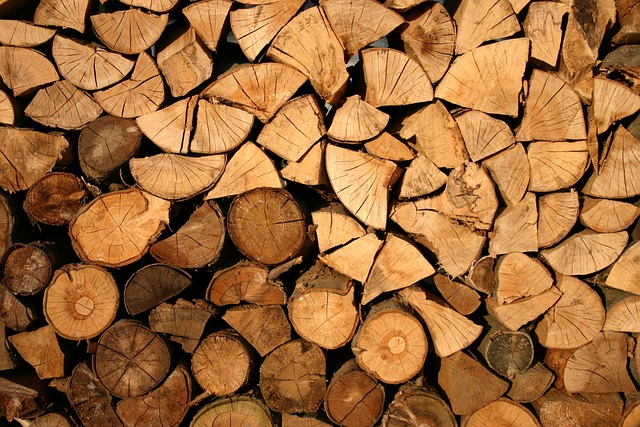The Devastation of Deforestation: Crimes Against Humanity
Deforestation is more than just a depletion of trees; it is a profound crisis that impacts the very essence of life on Earth. With the relentless march of progress, our forests—vibrant ecosystems brimming with biodiversity—are being sacrificed in the name of development, leaving behind devastation and despair. This act, which can only be categorized as crimes against humanity, threatens not only the natural world but also the survival of communities that rely on these forests for their existence.
Understanding the Scope of Deforestation
Every year, millions of hectares of forest land are cleared, paving the way for agriculture, logging, and urban development. The statistics are staggering: according to the Food and Agriculture Organization (FAO), approximately 10 million hectares of forest are lost annually. Each tree felled carries with it a story—a habitat destroyed, a culture eradicated, and a legacy lost. It’s not just the trees; it’s the intricate web of life unravelling before our eyes.
The Human Impact
Forests serve as a sanctuary for countless species, but they also provide vital resources for millions of people, particularly indigenous communities whose lives are deeply intertwined with the land. The destruction of these forests is an affront to their way of life, disrupting age-old traditions and threatening their very identity. When we speak of crimes against humanity, we must acknowledge the silent suffering endured by these communities as they face displacement, resource loss, and cultural eradication.
Climate Change and Deforestation: A Vicious Cycle
The consequences of deforestation extend beyond localized destruction; they contribute significantly to global climate change. Trees act as carbon sinks, absorbing carbon dioxide and mitigating the effects of climate change. Their removal not only releases stored carbon back into the atmosphere but also exacerbates extreme weather patterns, further endangering human lives. The actions we take today are echoes of tomorrow’s consequences, and we must recognize that failing to protect our forests equates to failing humanity as a whole.
The Global Response
The international community has begun to wake up to the urgency of this crisis. Movements advocating for sustainable forestry practices and reforestation initiatives are gaining momentum. As we unite to combat the crimes against humanity that deforestation represents, we must advocate for policies that prioritize ecological preservation over short-term economic gains. The power lies within us to forge a future where nature and humanity can coexist in harmony.
Taking Action
As individuals, we can contribute to the fight against deforestation. Supporting organizations that plant trees, promoting sustainable consumption, and advocating for policy changes are all steps in the right direction. Our voices together can challenge the narrative that prioritizes profit over preservation. This is not just about saving trees; it’s about safeguarding the future of our planet and the myriad of lives that depend on it.
Join the movement, raise awareness, and let us take collective action against the devastation of deforestation and its classification as crimes against humanity. Every small effort counts, and together, we can promote a brighter and greener future for generations to come.




